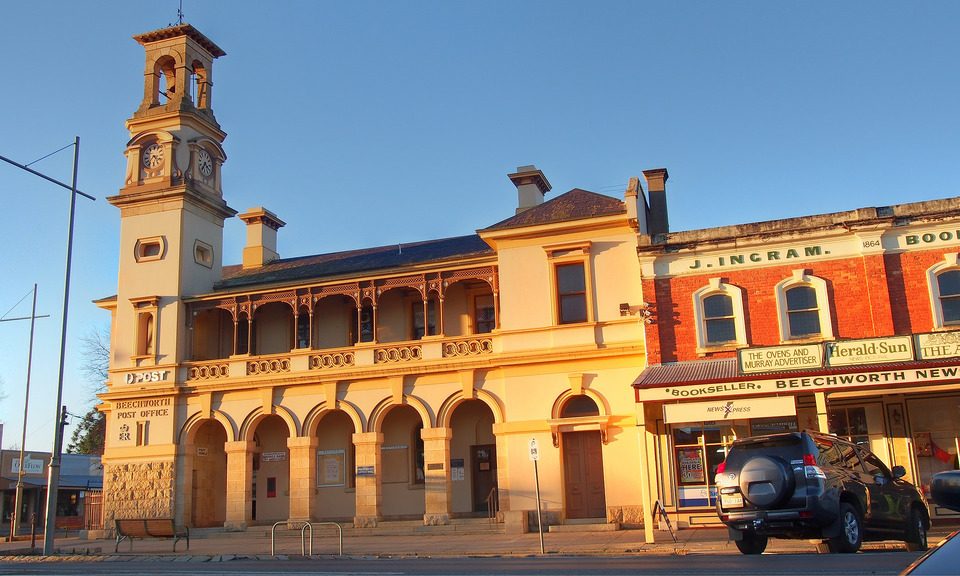Noongar, politicians & real estate
The big cycle event in Vic.
October 11, 2006Free software special for NonProfits
October 12, 2006It is NOT about real estate!
Larissa Behrendt, in a recent New Matilda article, points out that though politicians were quick to condemn the Noongar land rights decision over Perth, there are indications they have misread the reaction of the general public – Larissa is Professor of Law and Director of Research at the Jumbunna Indigenous House of Learning at the University of Technology, Sydney.
A LACK of community outrage
Larissa says perhaps there is a lack of community outrage because over fifteen years the claim that backyards ‘were under threat from Mabo’ has not turned into a massive land grab of suburban homes and we have become a little more cynical of both politicians’ claims and the media groups who do not expose the ignorance of such claims.
The most common headline in all media
“Native Title Over Perth” or words to that effect have been splashed ‘everywhere’ but as one reader comments:
“Native Title is not, and has never been a land title which accrues real estate ownership privileges to title holders. It has only ever been the legislative title given to a bundle of rights which derive from continuous indigenous relationship and indigenous use(s) of lands and waters. For Noongars this means that their geneological heritage, their living history and story predate colonial Crown designation, and that their stories have not been extinguished.”
Over the last decade, grass roots reconciliation movements across the country have engaged with local Aboriginal communities on a wide range of activities and initiatives and they are not surprised to hear a court ruling that Aboriginal people live in urban areas and maintain strong cultural ties to their land. Awareness has also increased as more and more formal functions and meetings begin with an acknowledgement of the traditional owners of the land.
Two positive possibilities
From the Noongar decision Larissa believes there could be two positive outcomes:
1. “The decision could and should provide an impetus for governments and industry to negotiate agreements and to explore opportunities to strengthen relationships with Aboriginal people more proactively in urban areas. For example, in the past, native title negotiations and determinations have provided a stepping stone and bargaining tool for Aboriginal people to negotiate agreements for a wide range of matters including co-management agreements, preservation of culture and heritage, Indigenous input in a range of decision making processes and, in some instances, employment and education opportunities for the community.
2. The decision should also provide an opportunity for Australians living in urban areas to better appreciate and understand that there are Indigenous people who live beside them who have living vibrant cultures, and that this discovery can be enriching.”


